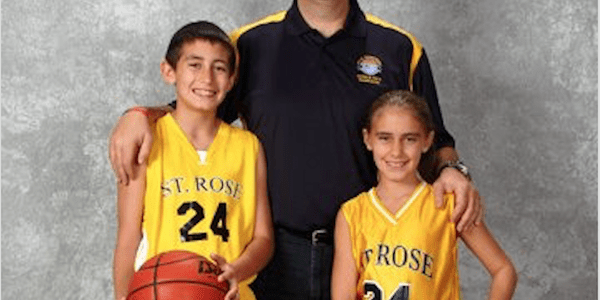
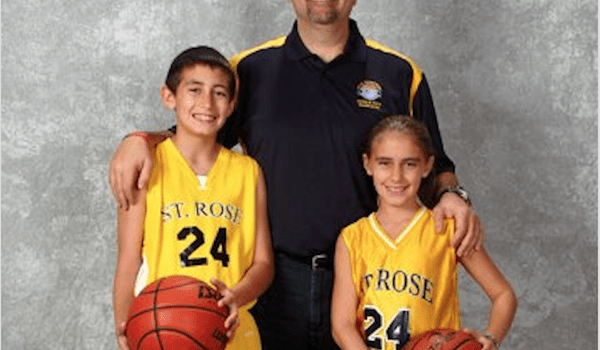
5 Steps to Create an Environment for Kids to Succeed or Fail
LEVELUP INSIDERS October 31, 2018 Aaron Locks 0

Our Children Are Amazing, So Why Do We Keep Messing With Them?
As parents, way too often we tend to fixate on our children’s failures. We look at their grades, their inability to hit a baseball or make a basket as failure, rather than focusing on their effort and the joy that they are having. Here’s how to create an environment for kids to succeed or fail.
As adults, hopefully we learn that it is not all about the destination. It’s the journey. So lets stop messing with them!
I believe we must allow our children that same freedom, if we really want them to create a healthy self confidence and desire to participate in and try new things.
In over 30 years working in youth sports, coaching, teaching and being a father, I have found that my kids have grown the most when they loved what they chose to be involved in. They were challenged and I encouraged them, but ultimately left them alone to figure it out for themselves.
So how do we teach our children to compete or find the desire to try activities that we believe could be good for them?
Create an Environment for Kids to Succeed or Fail.
What if we looked at our youth, as they learn, grow and change with the same awe and appreciation we have for the changing of the leaves in the season.
I remember when my kids were young I got so caught up in their future that I forgot to just sit back and enjoy the journey. Who they were; what they had already accomplished and trust that they would learn and grow in their own time.
Too often we worry about what our children will become rather than appreciate who they already are.
When my son Mason learned to walk, it was not because I motivated him or challenged him. Instead, when he was ready, he got up and fell down then got up again and again, until eventually he walked.
It did not matter what “the book” said about what age he “should” be walking. He just wanted to walk, so he did.
He had the desire in him to walk and no matter what we said, or what obstacles came his way, he was determined . And so he did.
I believe our children have an innate desire to try the things, that “they” want to try.
If we take that lesson and use it with our children in school, sports or anything else that we would like them to excel at, you might be surprised at what I’m about to say.
I think the most important thing we should be doing for our children is to encourage them to find their passion.
And second– is that it is okay to fail.
I believe it is most important for us to create an environment where our children fall in love with the activities they are involved with and then being okay when they fail.
Actor, Will Smith says that kids should “Fail early, Fail Often and Fail Forward.”
Hall of Fame Quarterback, Joe Montana taught me, “Fail Fast, Fail Forward.” A very similar message.
To me, this means that we should encourage our children to find things that they enjoy, give them the freedom to try it, without our help or judgement.
I had an amazing childhood, and when I look back, I had very little interference with adults. In fact, most of my learning outside the classroom was done with friends, classmates, neighbors and team mates.
We played because we loved to compete with our friends. We played because we loved the game. And because we were having fun.
We did not play because it was going to “teach” us “life lessons” nor at age 10, were we concerned with getting a college scholarship.
Instead, we just played for the love of the game.
If we go back and look at my sons journey to walk, we will see that it was not my desire or teaching that helped him to learn, it was his own innate desire and resolve.
By giving him the freedom to fail and fall down, get back up and continue to try, without judgment, (encouragement yes!), it was his desire that led to his eventual success.
“Children are more in need of role models than critics.”
–Hall of Fame Basketball Coach John Wooden
Here are five things that I have found that have helped me to encourage my kids to do things without causing resentment.
- Get involved.
It does not matter your individual skill, it matters that you are willing to do it with them. One reason why I believe I excelled in basketball was because of my mom. Although she was an artist and not very skilled in basketball, she would go outside with me and rebound the ball. To be honest, it is one of my best memories with her—just hanging out and shooting baskets. She did not coach me or try to teach me, instead she just rebounded and was in amazement when my shots went in. - Focus on the effort rather than results.
Although my mom was excited for me when I made a basket, she truly enjoyed watching me play. She was just happy that I was trying my best, learning from the coaches and learning to compete. It didn’t make a difference to her if we brought home a trophy. She would always ask me how much fun I had, what I’d learned and what was my favorite part of playing. There was no pressure to succeed; rather a true sharing of enjoyment of it all. - Allow and even encourage mistakes.
It may sound crazy, but our kids will learn more from failing at an early age than they will if they succeed. That being said, the focus on effort rather than result is extremely important. Encouraging our kids to push themselves, to continue to play, and give it 100% of their effort—they will learn valuable lessons that translate off the court as well. - Use positive reinforcement.
I am not saying that bribing your kids is the way to go, but I have found that my kids were always more engaged when we had rewards established. I also found that if I stayed positive, it helped them to stay positive as they learned to compete. - Get some help. It has been proven time and again, that any child who attends a skills clinic prior to the season has a much better chance of understanding the game; has better skill development and more confidence. Even one-day clinics can help your child to be more excited and engaged about their season.
My kids have challenged me and I know that I have not always gotten it right.
What I have learned is that if we want our children to find joy in an activity, sport, music, art or scholastics, we need to be okay with them choosing their own path.
Allow others to help teach and coach them. Allow them to fail from time to time and get on the same page with their coaches and teachers.
Lastly, and this might be the most important, let them know daily that they have unconditional love and support.
Parenting young children goes way too fast. I truly hope that you take the time to enjoy who your kids are now and enjoy the process of watching them become even more amazing. If you blink you will miss the greatest show on earth.
Coach Aaron Locks
National Academy of Athletics

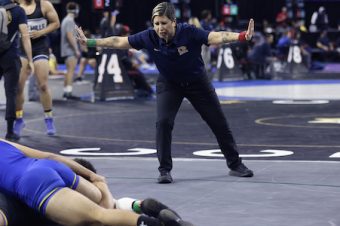
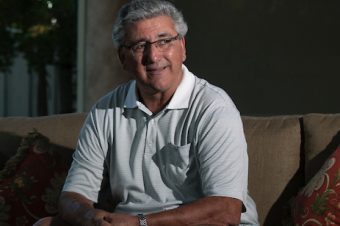


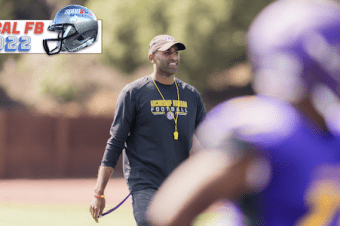
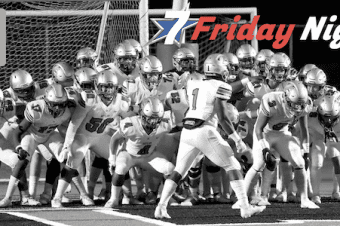

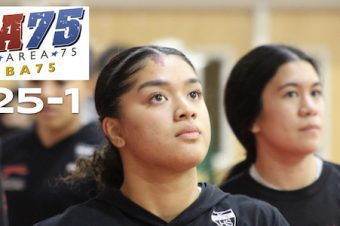

No comments so far.
Be first to leave comment below.